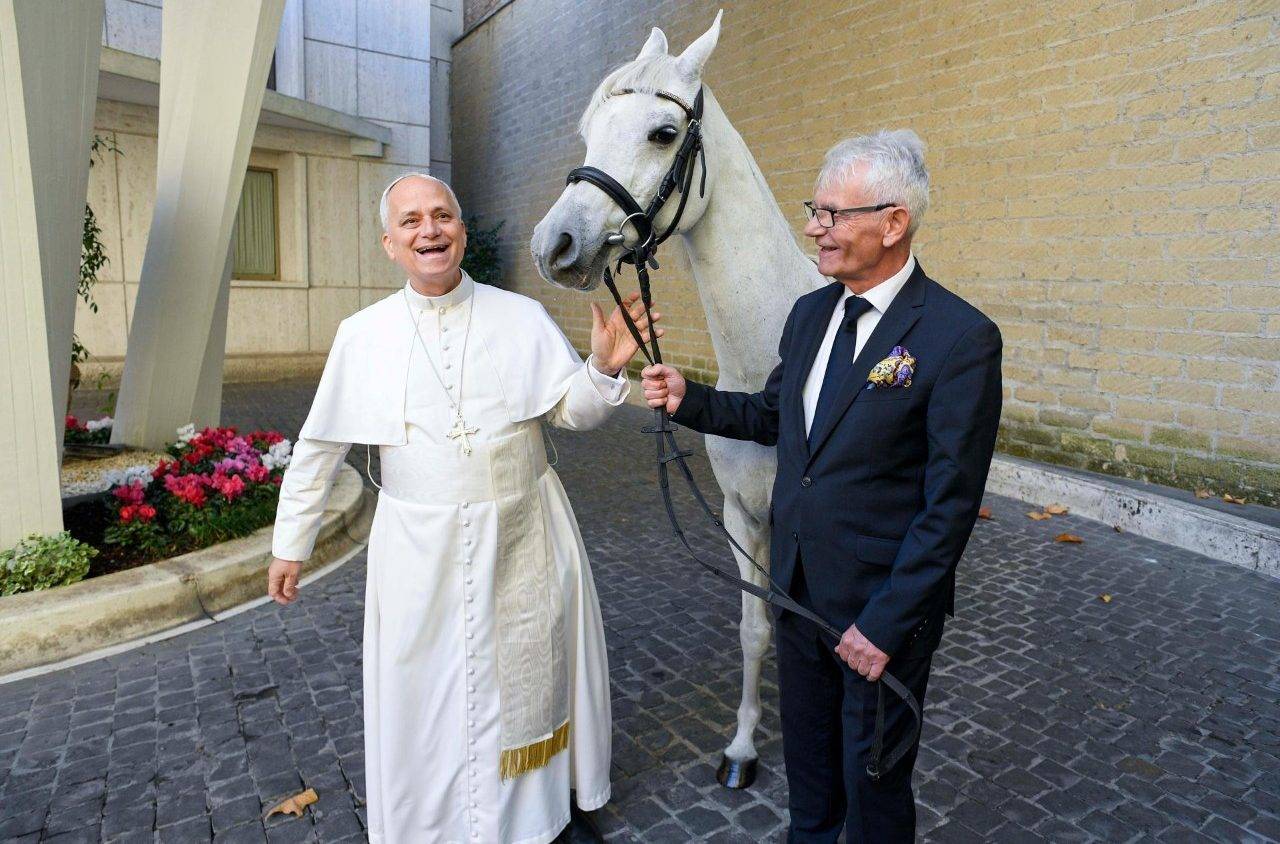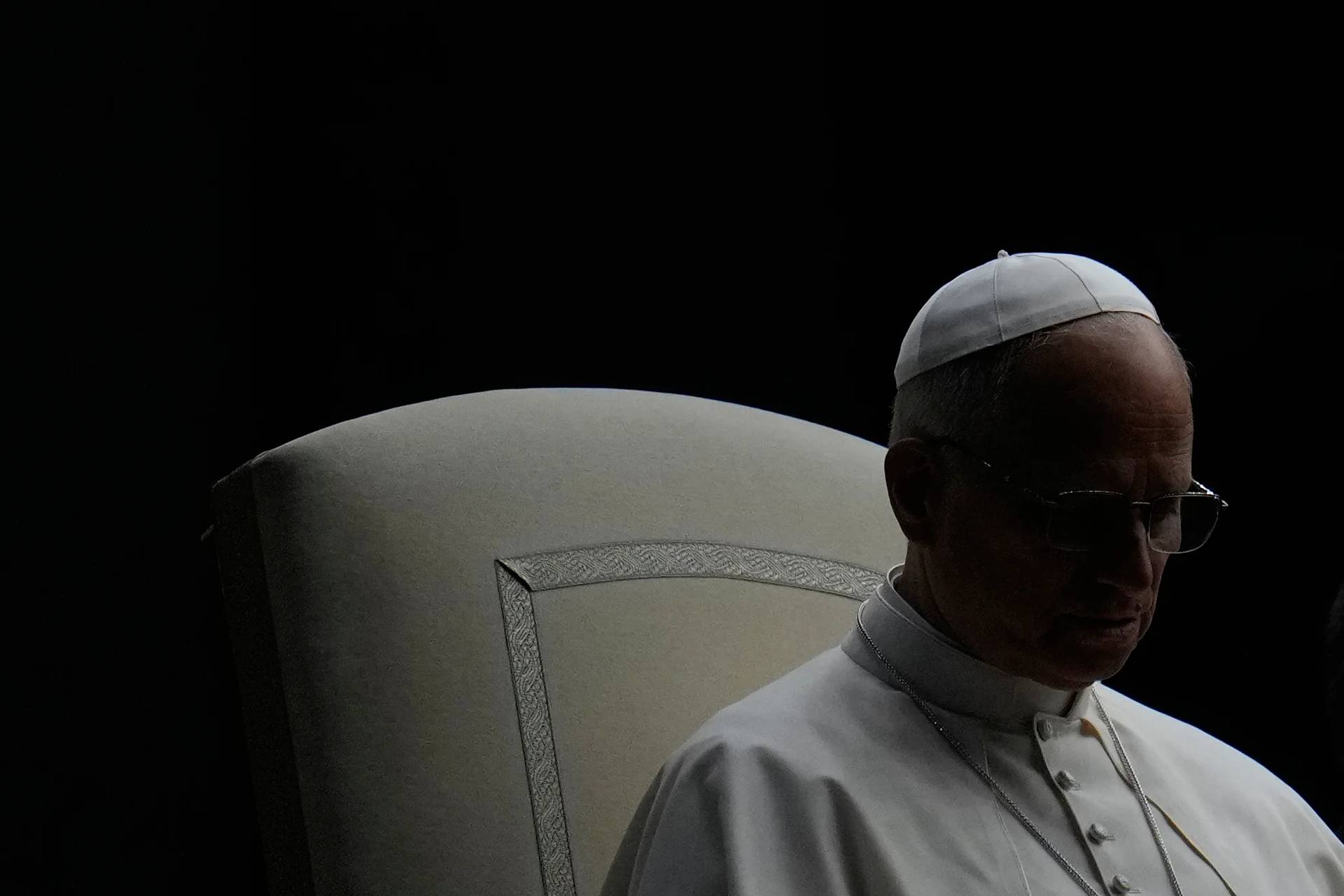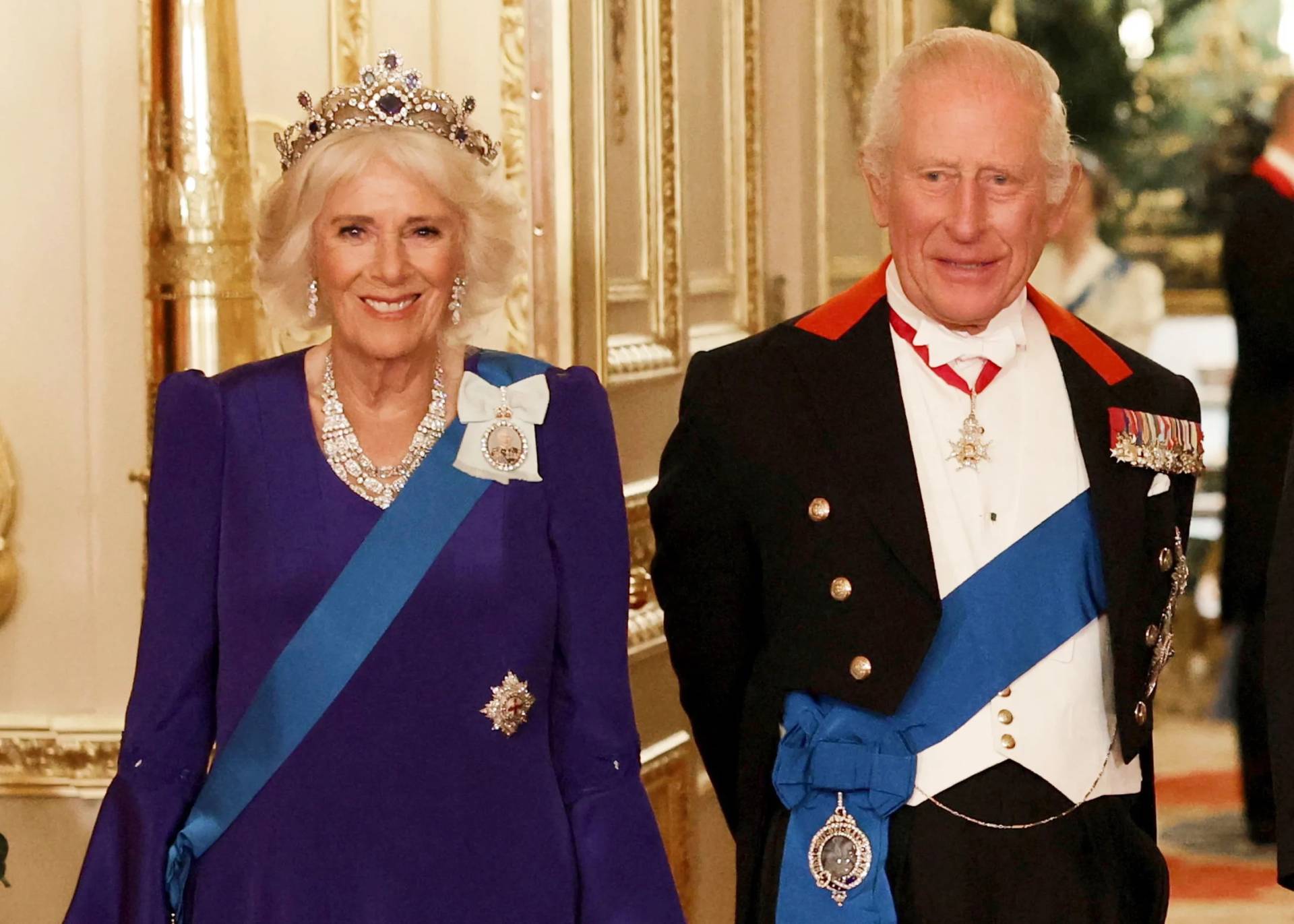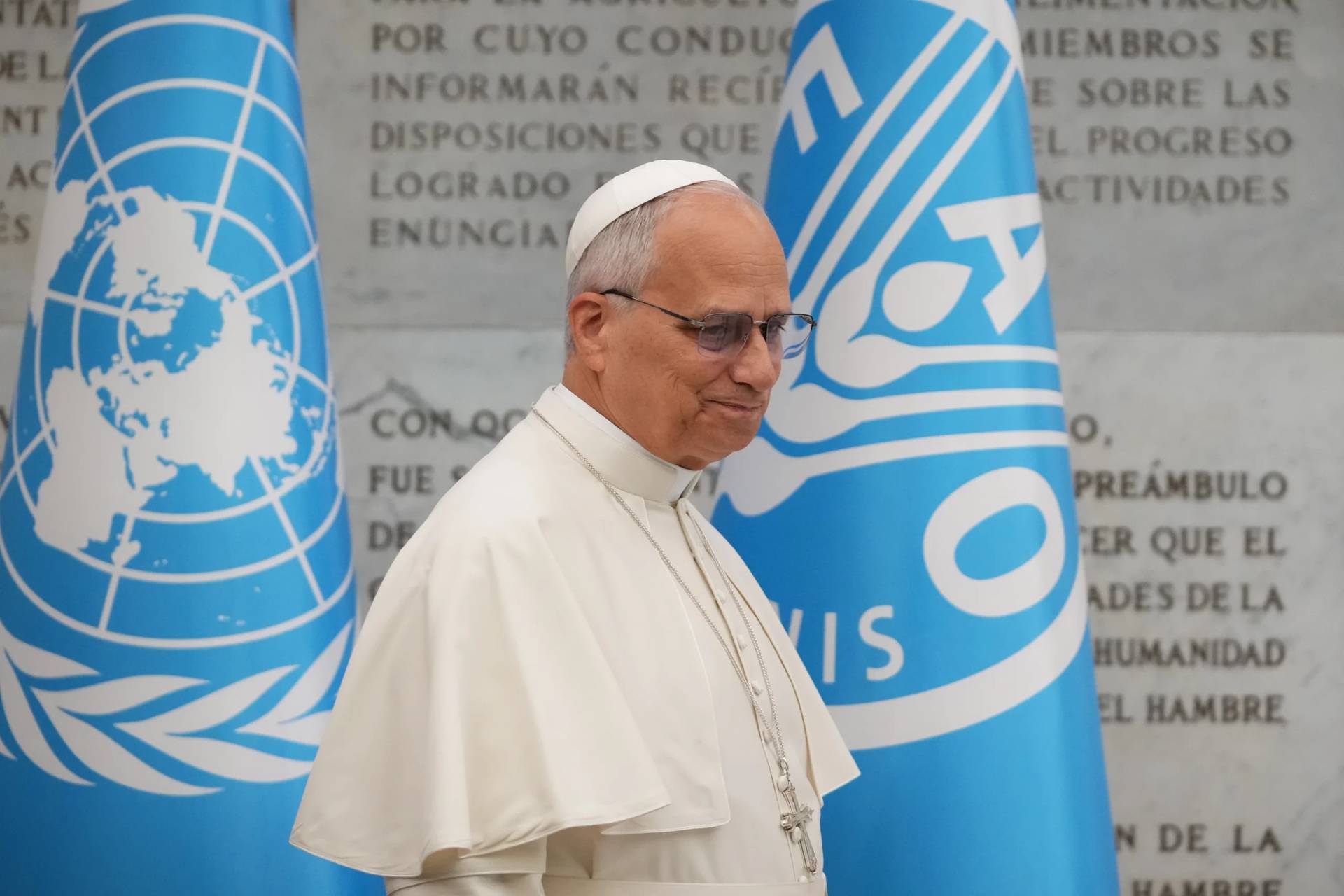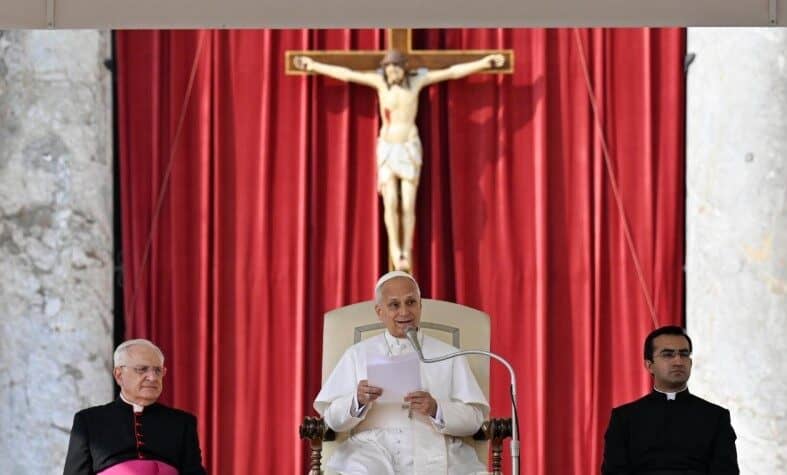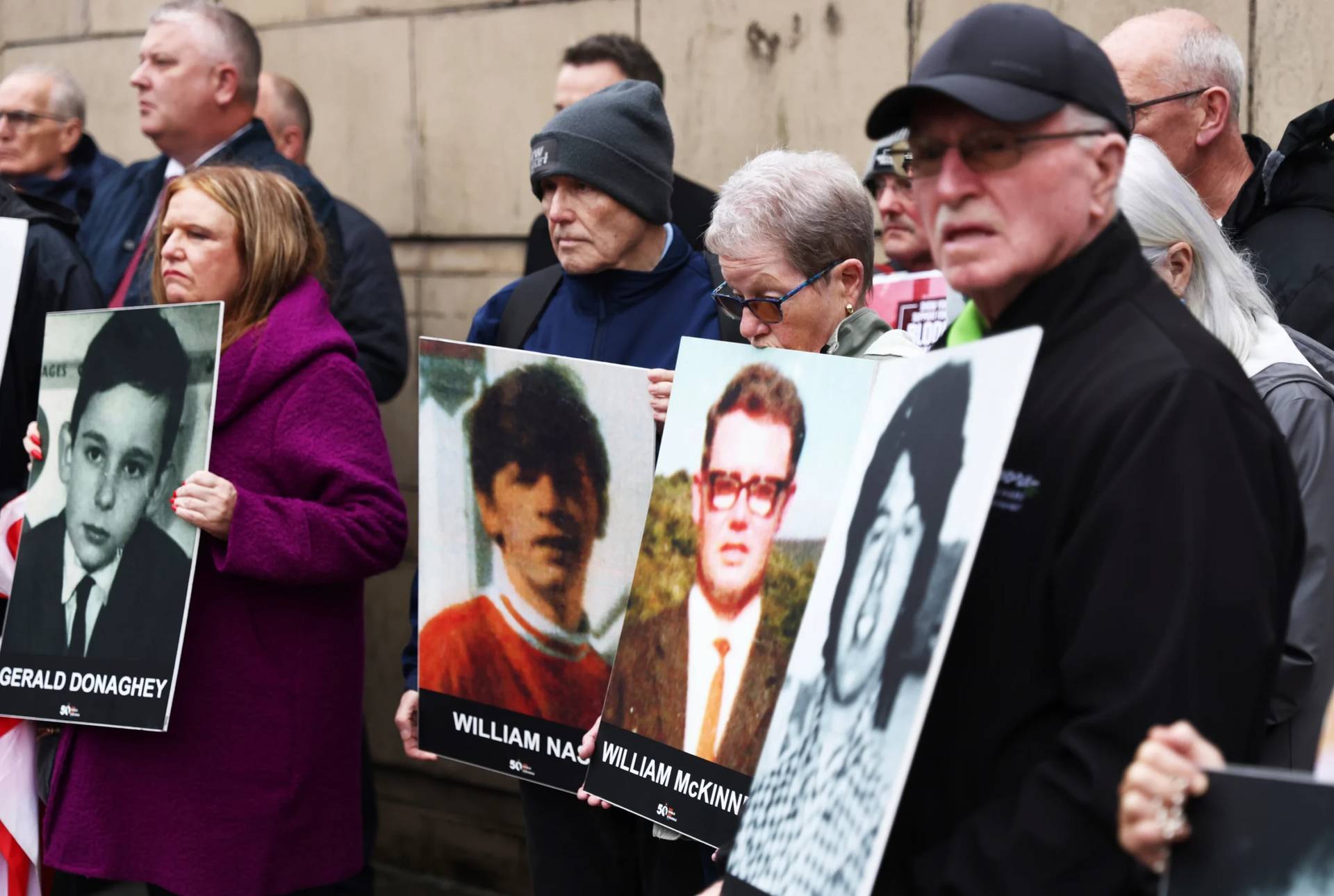ROME – Popes typically use their Christmas Day Urbi et Orbi blessing, addressed “to the city and to the world,” to present a sort of tour d’horizon of the global situation, which means whatever they choose to single out is often a good guide to where the papacy and the Vatican will invest their political capital in the year about to open.
Pope Francis held to form on Sunday, and judging by what seemed to be foremost on his mind, it’s a good bet that the press to end what he’s described as a “Piecemeal Third World War” will loom just as large for this pope in 2017 as it did in 2016.
The pontiff began with Syria, where, he said, “far too much blood has been spilled,” and referred to ferocious fighting in and around Aleppo in recent weeks.
“It is time for weapons to be still forever,” Francis said, “and [for] the international community to actively seek a negotiated solution, so that civil coexistence can be restored in the country.”
The Syrian people, the pope said, find themselves “in a desperate situation with great suffering and misery.”
Appeals for peace in Syria have been a staple of papal rhetoric throughout 2016, and Francis has rarely missed an opportunity to signal his mounting concern, including naming his envoy in the country, Italian Archbishop Mario Zenari, as a cardinal in November, in what amounted to an unusual but telling break with diplomatic protocol.
Shortly before Christmas, Francis dispatched a letter to Syrian President Bashar al-Assad pleading for the creation of humanitarian corridors so that aid can reach civilian populations trapped by the fighting.
The Syrian civil war began in March 2011 with demonstrations against Assad. It’s claimed the lives of more than 300,000 people, and forced 4.8 million to become refugees. Another 8 million Syrians are believed to have been internally displaced.
Speaking before a crowd estimated at 40,000 gathered in St. Peter’s Square on a crisp and cool Roman December day, Pope Francis then turned to the Holy Land, expressing hope that both Israelis and Palestinians will have “the courage and the determination to write a new page of history,” and also citing Iraq, Libya and Yemen as other places where “unity and concord” are more honored in the breach than the observance.
Although the Catholic Church does not have a large footprint in most of those places, the Christian minority in the Middle East is both symbolically and socially significant, and engagement in Middle Eastern affairs to try to make it possible for that minority to endure has been a keen diplomatic priority under all three recent popes.
Francis next shifted his focus to Africa, beginning with the continent’s rising superpower in Nigeria, where he said “fundamentalist terrorism exploits even children in order to perpetrate horror and death.”
Though he did not specifically mention the militant Islamic group Boko Haram, the reference seemed clear.
More than 20,000 people are believed to have been killed in attacks by Boko Haram, and some 2.6 million people have been forced to flee their homes. The conflict that began seven years ago in Nigeria has spilled into Niger, Chad and Cameroon, all of which have joined Nigeria in fighting the group.
The U.N. recorded 46 incidents related to Boko Haram in Niger alone in 2016, including armed attacks, mine explosions and suicide bombings.
Francis also cited South Sudan and the Democratic Republic of Congo as nations needing to embrace “the culture of dialogue to the mindset of conflict.”
The pope also called for relief to civilian populations in Eastern Ukraine, where combat between the country’s army and Russian-based separatists has left around 10,000 people dead over the last two years, according to the United Nations, with almost 2,500 of those casualties civilians.
Just days ago Francis donated more than $6.2 million to people affected by the crisis in Eastern Ukraine as a Christmas gift, with a roughly equivalent amount still to be distributed from collections taken up since April.
In a clearly personal reference for history’s first Latin American pontiff, Francis also focused on the ongoing peace process in Colombia, a nation which, he said, “seeks to embark on a new and courageous path of dialogue and reconciliation.”
Here too Francis has been a protagonist.
He recently had Colombia’s president, Juan Manuel Santos, and his main political opponent, Alvaro Uribe, at the Vatican in order to discuss the status of peace negotiations in the wake of a failed referendum to approve a draft peace treaty with the country’s main rebel faction in October.
Also in Latin America, the pontiff called on the leadership of Venezuela “to undertake the necessary steps to put an end to current tensions,” a reference to widespread social and political unrest under President Nicolas Maduro.
In Asia, Francis pointed to both Myanmar and the Korean peninsula as places in need of a greater capacity for “peaceful coexistence.”
The pope then broadened out to talk about broad categories of people, urging peace “to our abandoned and excluded brothers and sisters, to those who suffer hunger and to all the victims of violence.”
He also prayed for the victims of terrorism, “which has bred fear and death in the hearts of so many countries and cities.”
“Peace to exiles, migrants and refugees, to all those who in our day are subject to human trafficking,” he said. “Peace to the peoples who suffer because of the economic ambitions of the few, because of the sheer greed and the idolatry of money, which leads to slavery. Peace to those affected by social and economic unrest, and to those who endure the consequences of earthquakes or other natural catastrophes.”
Francis connected that call to the message of Christmas.
“Peace on earth to men and women of goodwill, who work quietly and patiently each day, in their families and in society, to build a more humane and just world, sustained by the conviction that only with peace is there the possibility of a more prosperous future for all,” he said.
Beneath the central balcony of St. Peter’s Basilica where Francis spoke on Sunday, both members of the Swiss Guards and the Vatican Gendarmes were assembled to greet the pontiff sporting ceremonial uniforms and playing anthems.
On Monday, Pope Francis will deliver a noontime Angelus address for the feast of St. Steven. On Wednesday he’ll lead his typical Wednesday General Audience, and then on Saturday he’ll preside over a New Year’s Eve vespers service and make the traditional visit for prayer to the Nativity scene erected in St. Peter’s Square.
Next Sunday, the pontiff will lead a Mass in observance of the day the Catholic Church marks as the World Day of Peace.







